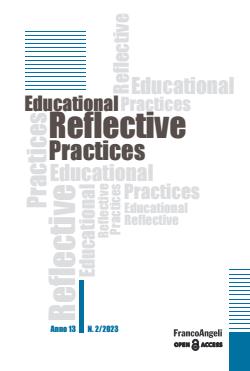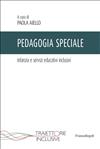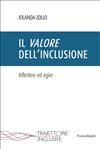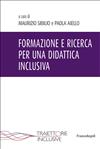
Decenni di ricerche dimostrano che una relazione positiva tra insegnanti e famiglie rappresenta non solo una componente sostanziale per una scuola efficace, ma anche una variabile fondamentale per il successo formativo del bambino, in particolar modo in situazioni di svantaggio, di difficoltà e di disabilità. Muovendo, dunque, da tali premesse, l’obiettivo del presente contributo è quello di condividere i risultati di un’esperienza di ricerca volta a indagare, attraverso lo sviluppo di pratiche riflessive, la significatività dell’alleanza tra istituzioni scolastiche e famiglia sì da individuare, fin dalla scuola dell’infanzia, itinerari possibili orientati alla realizzazione di una piena inclusione.




